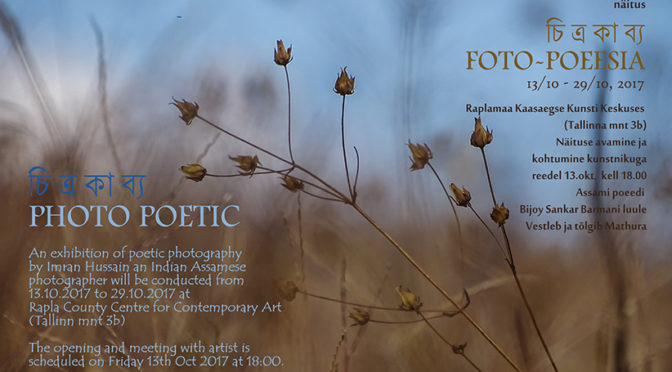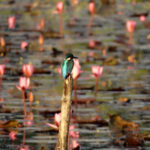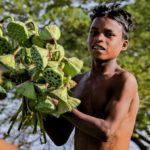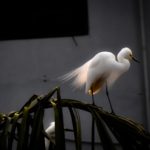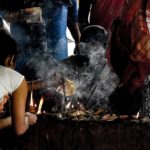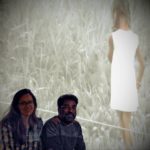An exhibition of poetic photography by Imran Hussain, an Indian Assamese photographer; poems of Assamese poet Bijou Sankar Barman will be translated and read by Mathura.
India is a country of continental dimensions. In the West, we mostly know about Mumbai, Delhi and Goa, and the languages of Hindi and Sanskrit. But India has many provinces and 23 official languages. The province of Assam in Northeast India is a meeting point of many cultures, landscapes and languages.
This exhibition endeavours to get closer to this region through the creative work of two young men – photographer Imran Hussain and poet Bijow Sankar Barman.
Imran Hussain (b. 1980) lives in Guwahati, Assam province, sharing borders with Bangladesh, Burma and China. He is among the initiators of the project Bibliophilia Cafe, aiming to make books and Internet universally available. He travels through the countryside, capturing his impressions of nature, people’s way of life and cultural traditions. He says: “I photograph that which I see and which touches my heart.”
Husain’s photos have found recognition around the world. They’ve been published by Taylor & Francis (London), Allikaäärne (Estonia), Delicious Books (Korea) and printed in the National Insurance Company’s India calendar, among other publications.
To better understand this region, we hear poetry by Bijoy Sankar Barman (b. 1980). In 2013, he was awarded the Best Young Author Prize by India’s highest literary body, the Sahitya Akademi. His creations bear a strong connection to heritage and tradition; Vedic mythology and native folklore are referred to in many of his poems. Barman has said: “Over time, I’ve come to understand the world through poetry.” And added: “We have to respect our roots, our uniqueness. It is not so difficult to write a poem. But it’s hard to become – and remain – a good person and good poet.”
Bijoy Sankar Barman has earlier connections to Estonia. In 2015, he lived in Tartu for 6 months, researching mythology at the university. He has visited a previous exhibition at the RCCCA, leaving a verse of his own in our guestbook.
We have asked writer and translator Mathura to assist us in understanding the exhibition’s background. He is a longtime researcher of Indian culture, and a translator of a number of books, including Bijoy Sankar Barman’s collection “Streaming Tears of Ketetong.”
